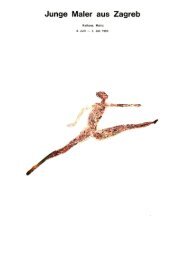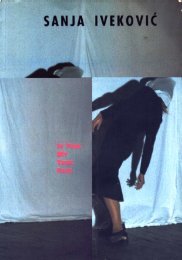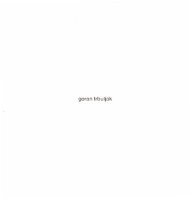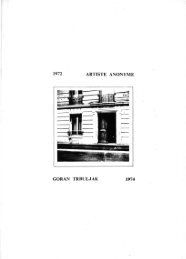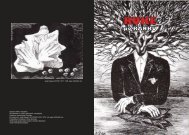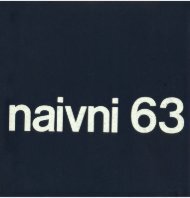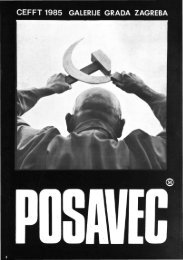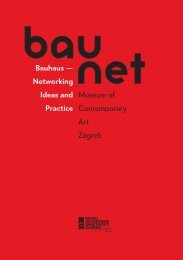Chen Zhen - Muzej suvremene umjetnosti Zagreb
Chen Zhen - Muzej suvremene umjetnosti Zagreb
Chen Zhen - Muzej suvremene umjetnosti Zagreb
You also want an ePaper? Increase the reach of your titles
YUMPU automatically turns print PDFs into web optimized ePapers that Google loves.
western world. <strong>Zagreb</strong> students asked me, in all innocence, how I· as a Chinese artist- managed to succeed in the West ...N. B. I believe that you have been asked the same question elsewhere in the world. Didthey want a 'recipe', or were they just curious?C. Z. They did ask me whether there was some secret reci pe. What kind of people doesone have to meet? When I travel, and give lectures, l'm often asked such questions,though much less in the United States, or rather in the West, since those contexts areso totally different.N. B. You form part of the first generation of contemporary Ch inese artists to be recognizedby the West as an important voice. At the last year's Biennale in Venice Chineseartists were for the first time the dominant novum. Do you think it is merely hungermanifested by the art market which is constantly looking for new names, or is there areal interest for what is known as thefringes and insufficiently known environmentsin the world of art? Some ten years ago, after the fall of the Berlin Wall, there was a'nunqer'for East European artists, but only few names remained on the staqe - such asKabakov, Komar and Melamid, Miroslow Balka ... How do you view the fate of Chineseartists five or six years down the road?70C.Z. That is a complex question. Personally speaking, when I started my exhibiting inthe West some ten years ago, I was aware that I was showing my work as being representativeof my country, that is, of Chinese culture, and that despite the fact that Iwas attempting to develop a highly personal approach and way of thinking. l cannow say, clearly and without hesitation, that at the beginning of my career I was tryingto play the role of somebody fulfilling the market need for something new, or forthe needs of institutions, museums and galleries for a change, a mutation ... 'Tenyears of one fashion, the next ten years of a different fashion.' I am fully aware of allthat, and l know what happened to the Russian artists. It's like after a great storm -very little is left. That made me formulate my own strategy of evolvement. There aretwo types of approach: explosive and implosive. I myself am trying to develop mywork on the lines of implosion, moving inwards, observing myself. The explosiveapproach entails participation in grand exhibitions; implosion entails research.Being engaged in art does not mean the mere production of works of arti it involvesthe building of oneself. That is why I now want to become a doctor of traditionalChinese medicine. That is my ideal.True, last year l also took part in a great exhibition - the Venice Biennale - and I cansay that I am not a new name. But l also know that my art would continue to groweven without my participation at that exhibition.This is but a partial answer to your question. On the one hand I am aware of the needto exhibit: on the other I know I must continue my work in a highly personalizedmanner. That is why l have lately developed a whole range of theories and concepts-like the idea of staying in a place in order to become acclirnatized to its context; orthe idea of a cultural virus, the idea of re-rnarginalisation, of returning to the fringes.This is why I am now working in South America, in Africa ... I have tried to develop all



